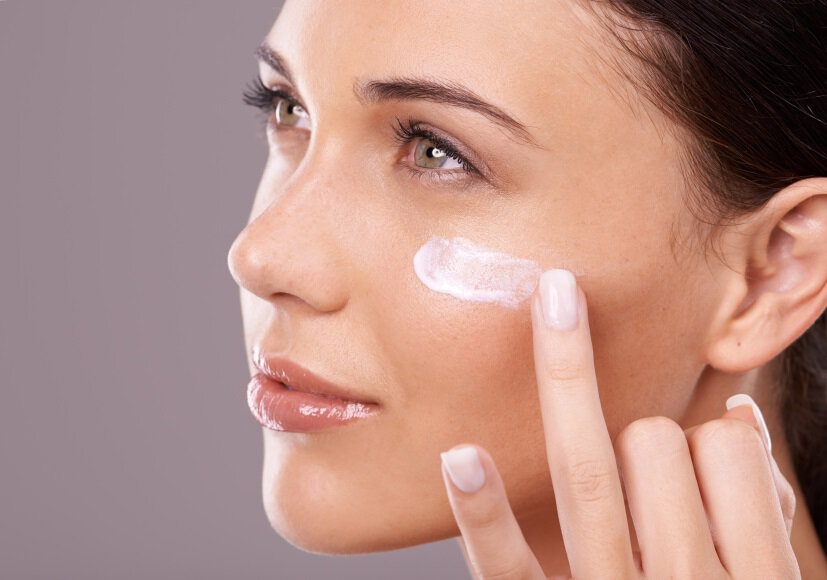If you haven’t had to rethink your skin care routine at least once in your life, you can consider yourself privileged. The health and beauty market is positively massive, and there’s a reason why the sector manages to stay flush with such a wide variety of different products.
You can attribute that to the unique chemistry of everyone’s skin. While there are three generally recognized skin types, a variety of other factors in both the environment and your genetics can have a dramatic impact on the health of your skin as well.
Further complicating matters is the fact that skin conditions aren’t always as they appear. While it may seem natural to tackle the issue of oily skin with highly absorbent components like charcoal. That could potentially be a counterproductive move, as oily skin is often a symptom of dehydrated skin. Your body overcompensates for a lack of moisture by creating additional sebum, and the result is pores that produce more oil.
The Problem With Traditional Skin Care
There are a lot of great skin care products available over the counter. The problem is that just because a product works exceptionally well for a lot of people doesn’t mean that it’s going to be right for you. There’s simply no one-size-fits-all solution to skin care.
For that matter, there isn’t even a one-size-fits-all solution for caring for oily or dry skin independently of each other. Over-the-counter formulas can make a guess at what’s wrong with your skin, but finding one that actually works can be a crapshoot.
In other words, many skin care products are put to market knowing that they’ll only be suited for a fraction of the people who buy their products. The results are a lot of waste, and that means the need for skin care products with a long shelf life is often more important than the need for conscientious engineering. Over-the-counter formulas are often composed primarily of synthetic ingredients. At the forefront of these ingredients are phthalates and parabens. While these chemicals work great as a preservative. For the same reason, many of these products also include formaldehyde.
Many times, it can be hard to even tell what ingredients are included in a skin care formula. As customers have grown savvier about what’s in their beauty and health products—and as more all-natural alternatives have risen in prominence—manufacturers haven’t necessarily changed their packaging to potentially obscure what the chemicals in their products do.
Long lists of synthetic ingredients means that the chemical composition of an over-the-counter skin care product is often more or less a mystery.
Why Custom Care is Better
Custom skin care brands like Proven couldn’t have existed two decades ago, and that’s part of what makes them exciting.
Founded by a team of Stanford dermatologists, creating the formulas that drive Simple took a whole lot of data management. The team carefully pored over the active ingredients in thousands of different skin care products and combined that with actionable data from actual users to create a database of information.
Filtering that data through the reviews and reactions of users allows it to become more sophisticated and focused—providing a unique blueprint of your skin and a formula to treat it that matches you.
Ultimately, custom skin care is all about you. It’s not just about how your skin is naturally, but it’s also about where you travel, how you live your life, who your family is. Your skin is a reflection of your past and your future, and brands like Proven can offer a skin care solution that goes hand-in-hand with your life.

